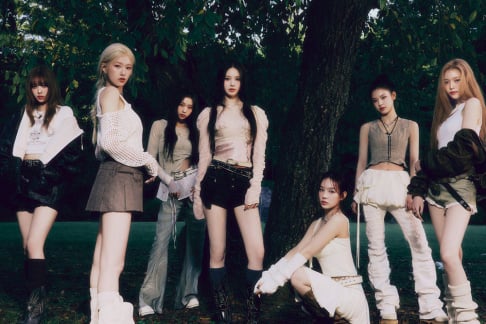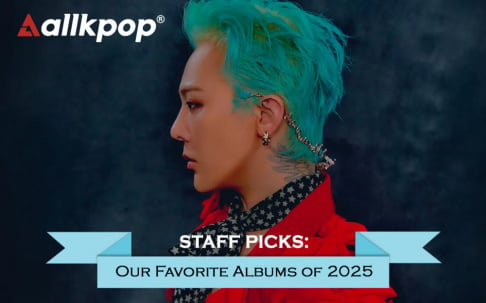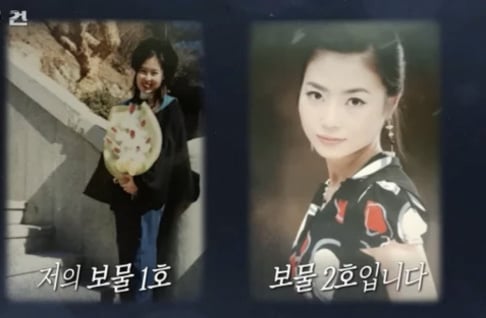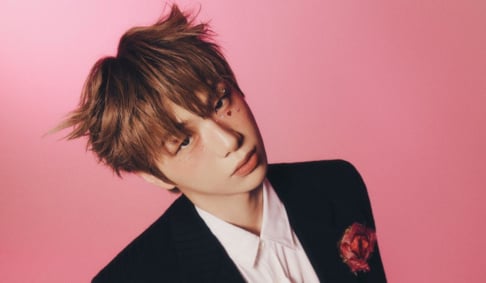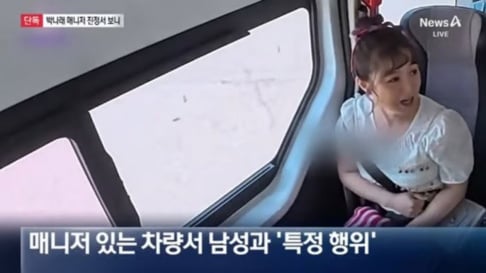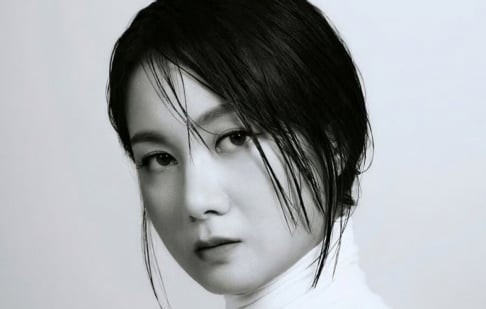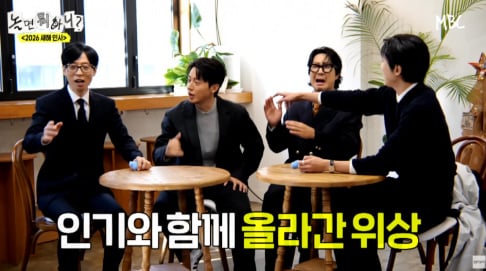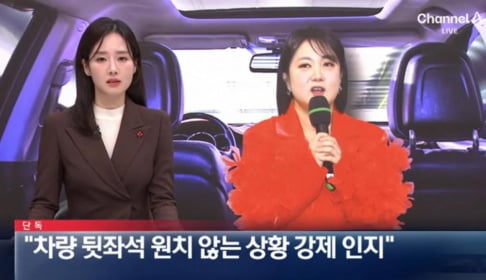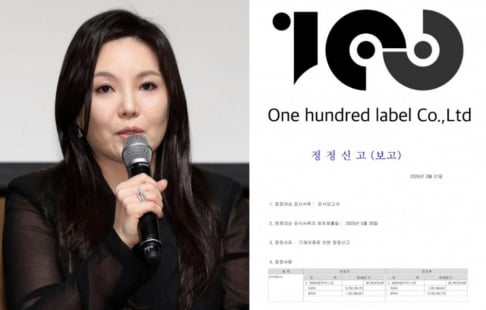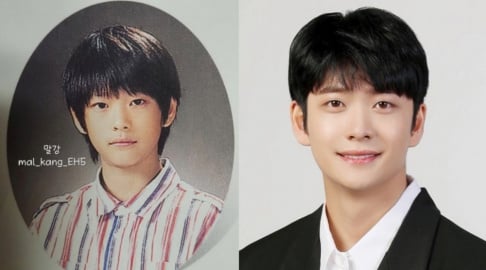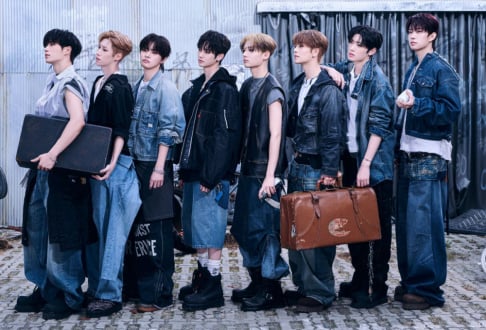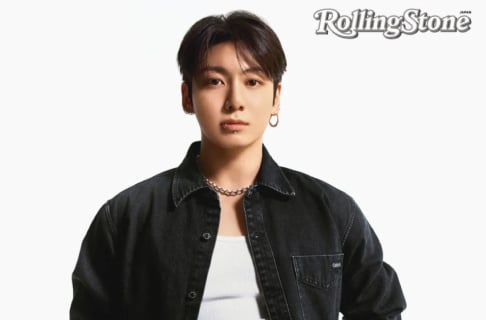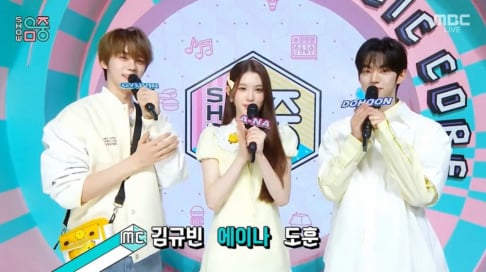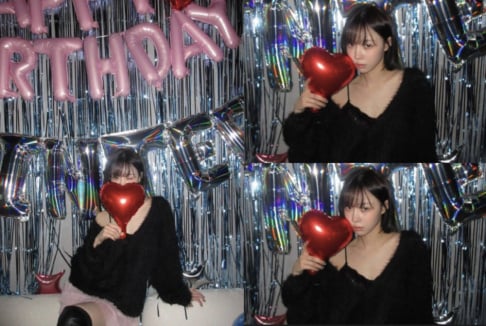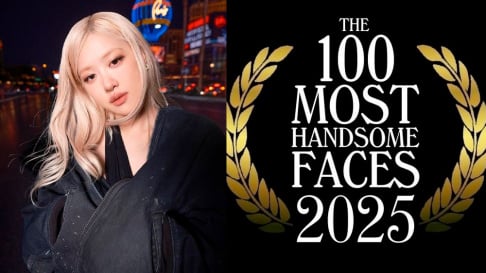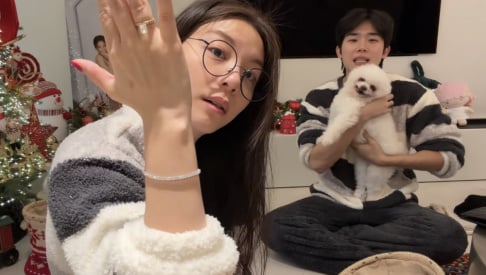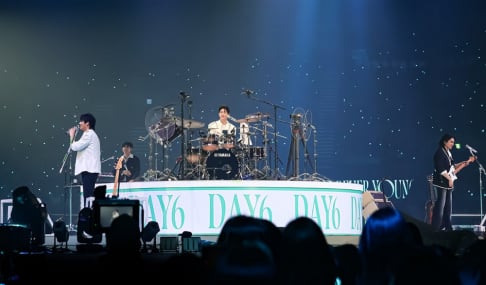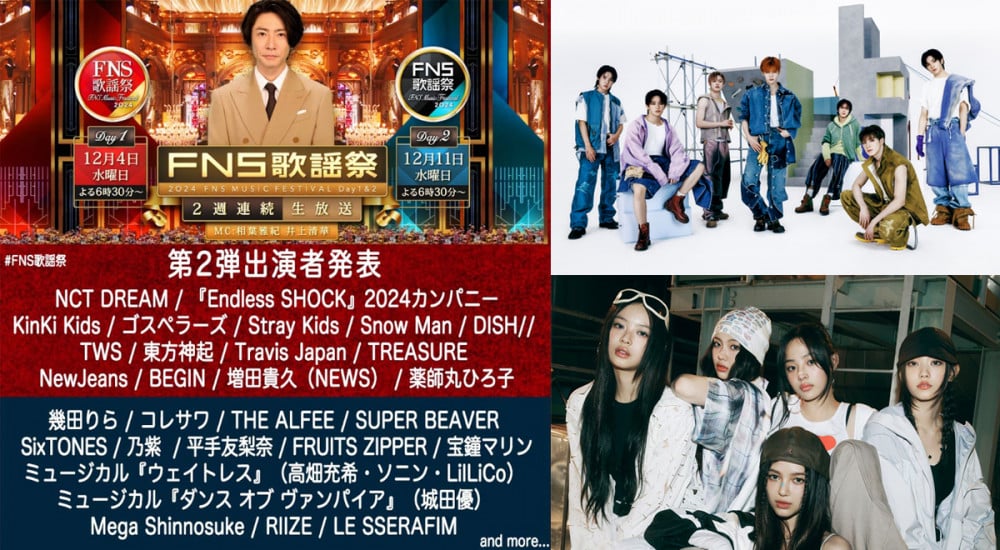
Korean netizens discussed K-Pop's growing presence within Japan's mainstream music market.
Earlier this week, the '2024 FNS Music Festival', one of Japan's representative year-end music festivals along with NHK's 'Kōhaku Uta Gassen', unveiled its complete lineup of performers.
On day 1 (December 4 JST), K-Pop artists including aespa, NCT Dream, Stray Kids, TWS, TVXQ, TREASURE, and NewJeans will perform alongside many beloved J-Pop musicians. On day 2 (December 11 JST), RIIZE and LE SSERAFIM will take to the stage alongside J-Pop acts like AKB48, King & Prince, GENERATIONS, SixTONES, and more.
The inclusion of 9 K-Pop acts in total at 'FNS Music Festival' came as a surprise not only to music fans in Japan, but also to Korean netizens. In fact, throughout 2024, the Japanese media has exerted significant pressure on domestic broadcasting stations, calling on them to "cut back" on the presence of K-Pop at year-end music festivals and to instead extend those opportunities to domestic musicians.
Furthermore, the more conservative and family-oriented 'Kōhaku Uta Gassen' will also feature 4 K-Pop acts in its performing lineup this year, including TWICE, LE SSERAFIM, TOMORROW x TOGETHER, and ILLIT.
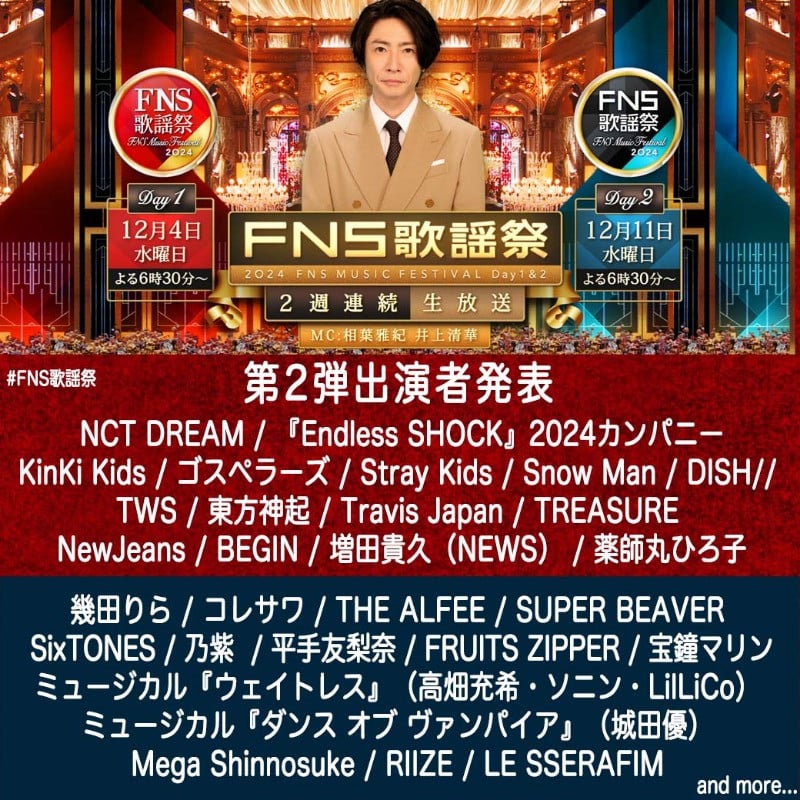
SEE ALSO: aespa faces criticism over their '2025 MMA' red carpet outfits
In any country, the imagined fear of one's own culture being "invaded" by the culture of foreigners can be perceived as a significant "threat". For many Korean netizens, this concern currently being experienced by some in Japan is quite "relatable".
Some responded with comments like,
"9 teams at NFS? Is K-Pop seriously becoming that mainstream in Japan?"
"If you flip it around and imagine that Korean year-end music festivals invited 9 Japanese artists... the anger makes total sense."
"If the public perception around the issue is closer to 'discomfort' more than 'inviting', then it could negatively impact the image of the K-Pop groups too."
"I mean if more than like 4 Japanese teams appeared on a Korean year-end music festival, the media would be in an uproar."
"If the Japanese public feels threatened, it's honestly understandable. It can't be helped that the Korea-Japan relationship always involves some sense of competition and hostility."
"I've seen Japanese netizens criticizing this on Twitter and I can't blame them... it's just safer for K-Pop to have some boundaries."
Meanwhile, others said,
"I don't want our K-Pop idols to go on Japanese music programs either. I'd rather see them putting more energy into showing us a great stage at Korean year-end programs."
"I don't know that this is a smart decision for Korean entertainment agencies either. If they want to appeal more to their Japanese consumers, they should be using tactics to earn their favor, not create potential for controversies."
"It can't be helped that K-Pop idols raise the viewership ratings. Those Japanese broadcasting stations have their own rating goals to meet so."
"I think 'Kōhaku' is the one missing out on those sweet ratings with only 4 K-Pop acts."
"It might be maddening for Japanese people, but for us, isn't it good promotion? K-Pop can get even bigger in Japan."
"There's no point in arguing that 'if the situation were reversed, Koreans would feel the same way' since there's no way that J-Pop can reach the mainstream status that K-Pop has managed to achieve in Japan. That's the difference between the people who had their country taken and the people who tried to take it."
Meanwhile, the '2024 NFS Music Festival' will air on Fuji TV on December 4 and on December 11 JST.
 SHARE
SHARE

